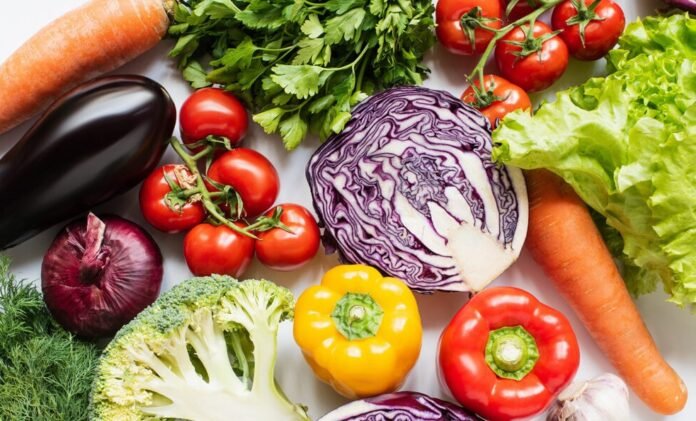A major new study has found that not eating enough vegetables can double the risk of stroke in people with high blood pressure.
The research was carried out by the Stroke Investigation Research and Educational Network (SIREN) across Nigeria and Ghana. It focused on how low vegetable consumption and hypertension together can lead to serious health outcomes.
Researchers examined the health records of 3,684 stroke patients and the same number of healthy individuals, matched by age, sex, and ethnicity.
The study classified low vegetable intake as eating fewer than six servings per week. Those who had both high blood pressure and ate few vegetables were found to have a 25.66 times greater risk of stroke compared to those without either condition.
Among those who had suffered a stroke, 68.1% were not eating enough vegetables. Additionally, 95.9% of stroke patients also had hypertension. These figures point to a strong link between poor diet and blood pressure as key contributors to stroke cases in the region.
Rising Health Concerns and Poor Access to Treatment
Stroke is currently the second leading cause of death and disability worldwide. Africa carries a disproportionate share of the burden. The number of people living with high blood pressure in the region is increasing rapidly, but access to proper treatment remains low. Fewer than half of those affected receive effective care.
Vegetables are known to help protect the body against stroke and other non-communicable diseases. However, most people in Africa do not eat enough. The World Health Organization recommends at least five servings of fruits and vegetables daily. In reality, less than 40% of people with high blood pressure in Africa meet this standard.
The study points out that raising vegetable consumption and improving hypertension care could significantly reduce stroke rates. It states, “Promoting vegetable consumption and managing hypertension effectively could significantly reduce stroke rates in West Africa.”
How Governments and Communities Can Help
The researchers behind the SIREN study are urging both public and private sectors to work together. They call for awareness campaigns, low-cost hypertension treatments, and new dietary guidelines that suit local cultures. The group also recommend including more vegetables in government-backed school meal programs and hospital diets.
You can also find cost-effective vegetable slicers on Amazon to help ease food preparation at home.
The study concluded, “This study serves as a wake-up call to rethink our approach to preventing and managing stroke. The stakes are high, and immediate action is imperative to reduce the burden of this preventable disease.”
Their message is clear: action must be taken now to protect millions of people from one of the deadliest non-communicable diseases in Africa.
Rate, Like 👍, Comment, share this article and Follow us on our social media handles.










